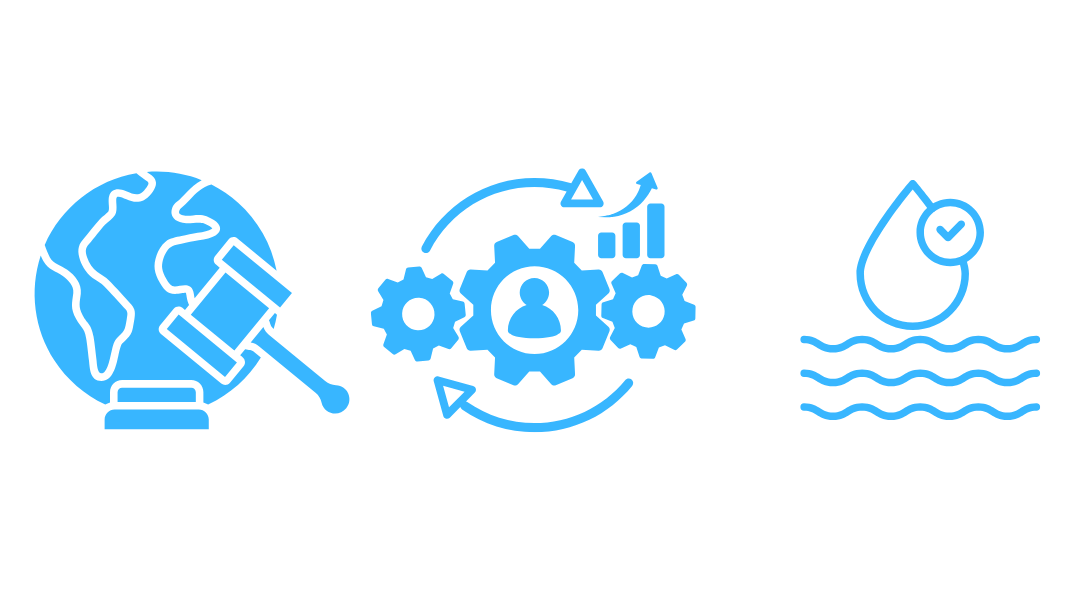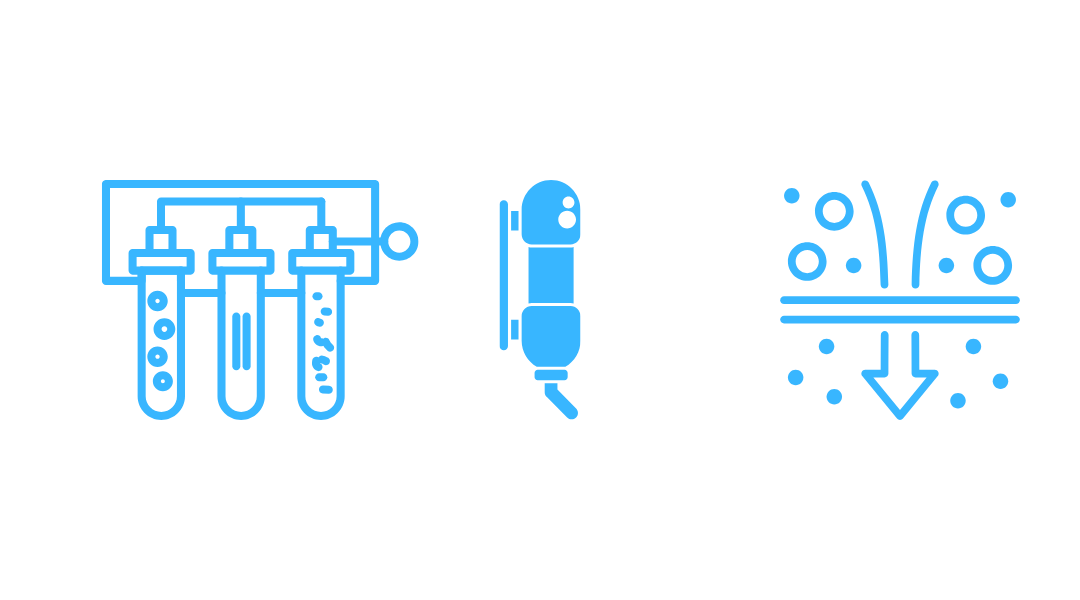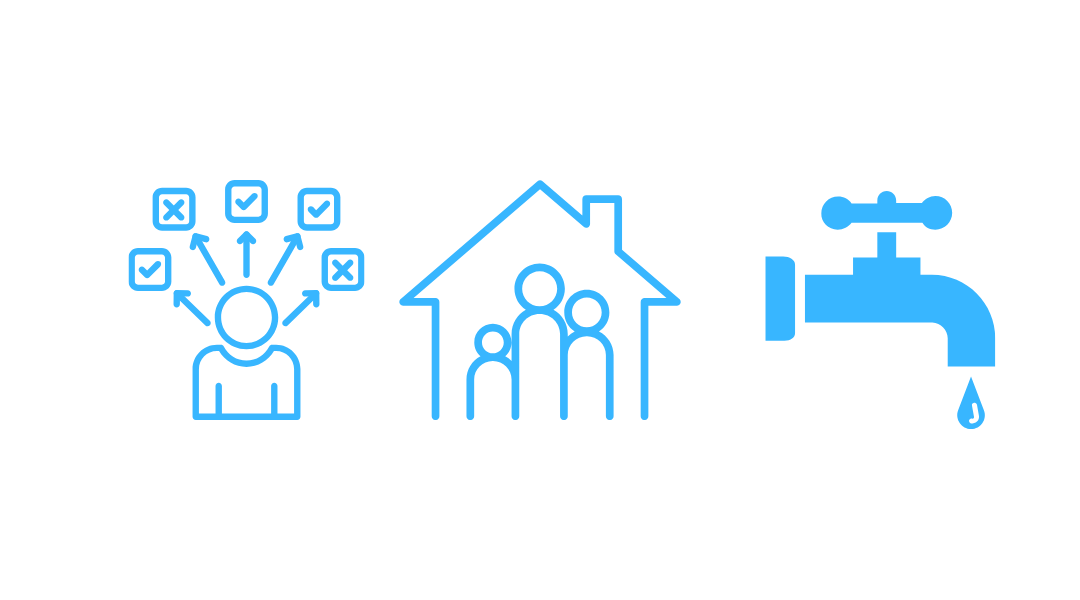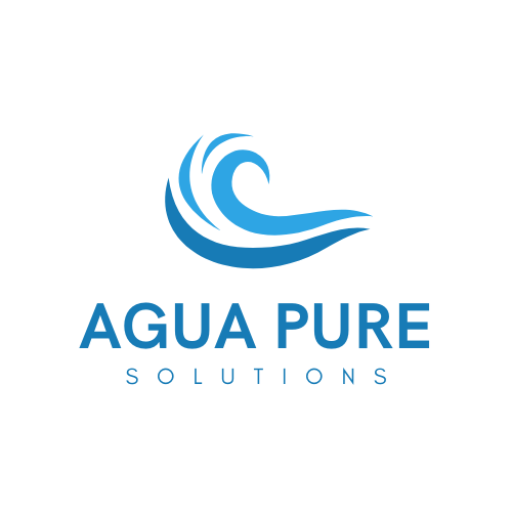Is Tap Water Drinkable? Everything You Need To Know
Tap water is a primary source of hydration for millions worldwide, but its safety and quality vary significantly by region. Understanding local water standards, common contaminants, and the benefits of filtration systems helps ensure you make informed choices about drinking tap water.
What Determines if Tap Water Is Drinkable?
Key Factors in Water Safety Standards
Tap water safety is influenced by factors like treatment processes, infrastructure quality, and compliance with local and international regulations. In many developed nations, drinking water is treated to remove harmful pathogens, heavy metals, and chemicals. However, aging pipelines or agricultural runoff can occasionally compromise water quality.

Can You Trust Tap Water in Urban Areas?
Common Urban Water Challenges
In cities, tap water safety can vary due to industrial pollutants, population density, and maintenance of water infrastructure. While urban areas often have advanced treatment facilities, problems such as lead pipes or temporary contamination events may arise. Monitoring local water advisories is crucial.

Why Should You Consider Filtering Your Tap Water?
Enhancing Safety and Taste with Filtration
Even in regions where tap water is generally drinkable, filtration can offer added peace of mind. Water filters remove residual chlorine, sediment, and trace contaminants, improving both safety and taste. Filtration is especially beneficial for individuals with sensitive health conditions or concerns about specific pollutants.

What Filtration Systems Work Best for Drinkable Tap Water?
Choosing the Right Filter for Your Needs
For areas with generally safe tap water, activated carbon filters can effectively enhance taste and remove odor-causing compounds. In regions where water safety is inconsistent, reverse osmosis systems provide comprehensive filtration, eliminating a broad spectrum of contaminants.

Your Water, Your Choice
Stay Informed and Stay Safe
Determining whether tap water is drinkable depends on local conditions and personal preferences. While many regions offer safe tap water, investing in a filtration system ensures cleaner, better-tasting water, giving you confidence in every sip.

